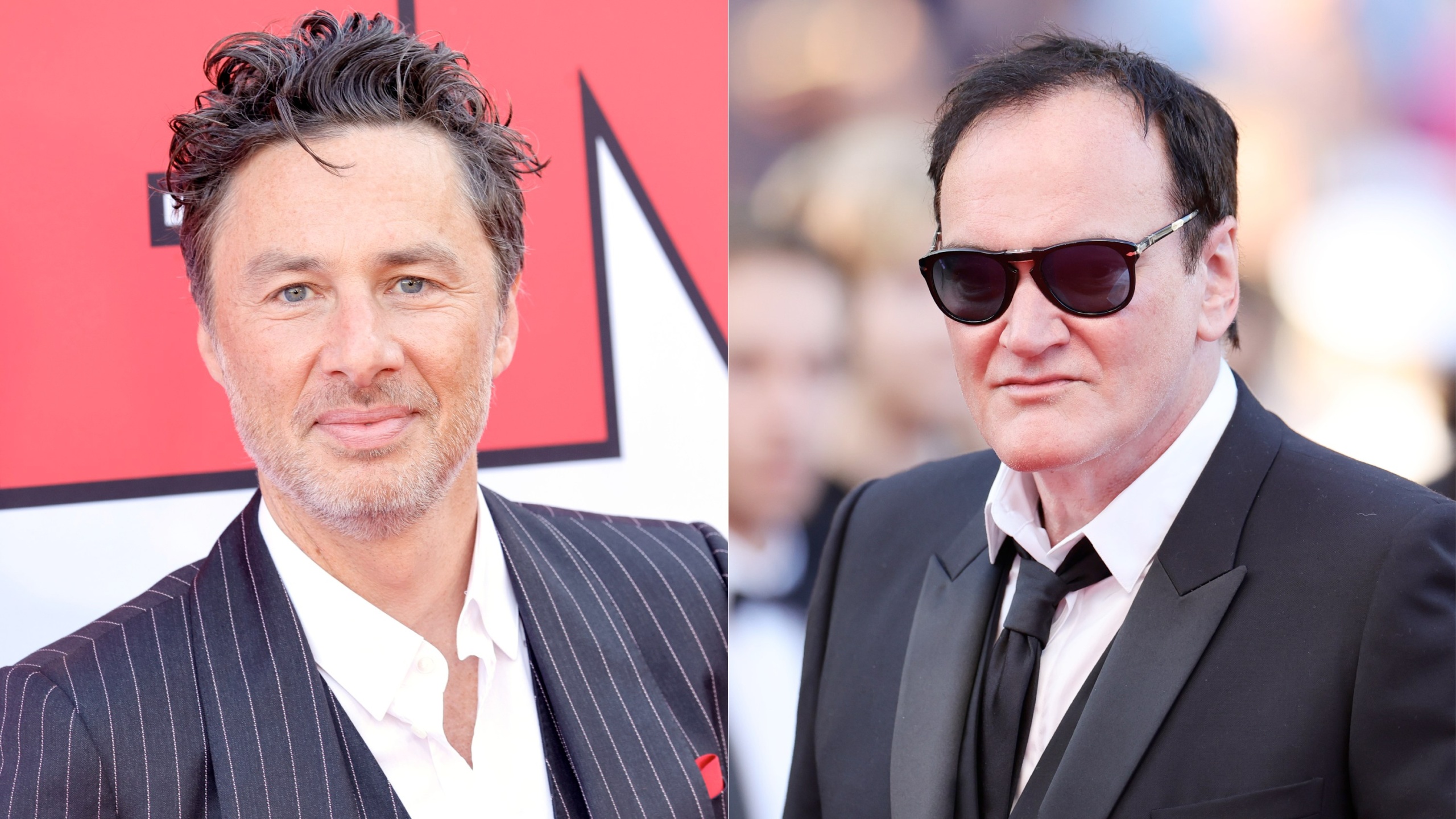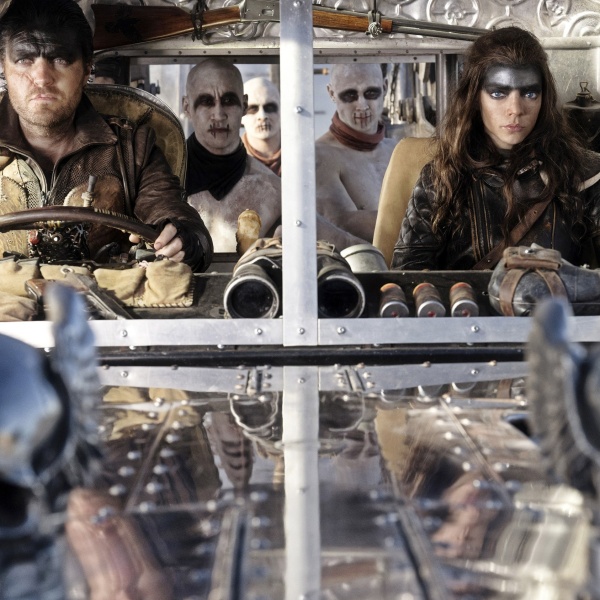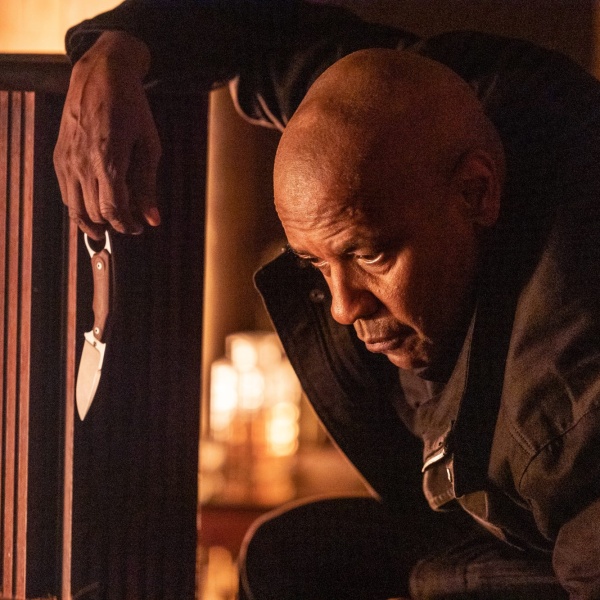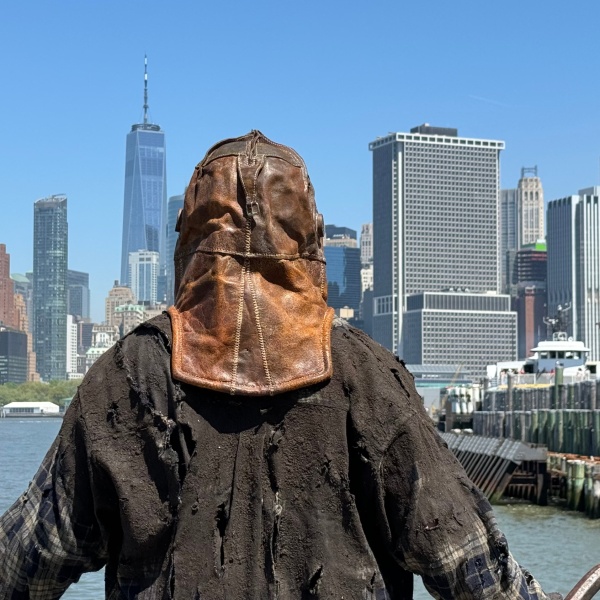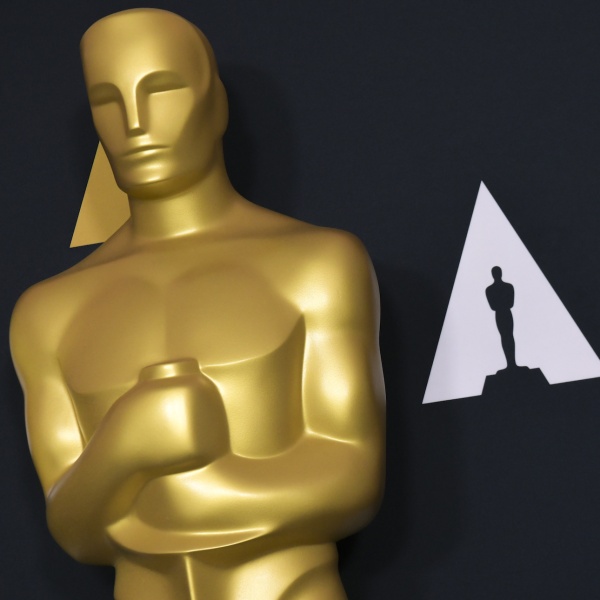Zach Braff never thought he’d beat out Quentin Tarantino at any awards show, let alone the Grammys.
Braff recalled to The Ringer that Tarantino congratulated him in a classically subversive way after the “Garden State” soundtrack won the award for Best Compilation Soundtrack for Visual Media over Tarantino’s “Kill Bill: Vol. 2.”
“I was up against Quentin Tarantino. I certainly didn’t think there would ever be a chance where I would beat Quentin Tarantino at anything,” Braff said. “My father wanted to come, and I was like, ‘Dad, there’s no way I’m gonna win a Grammy. Tarantino is winning the Grammy, and you’re wasting your trip from Jersey out here.’ And then we fucking won! I couldn’t believe it.”
Braff continued, “Tarantino jokingly said, ‘You stole my fucking Grammy, man,’ and then gave me a big smile and a hug. He was super sweet and supportive. I was the kind of film-school kid that would have put a ‘Reservoir Dogs’ poster on my wall.”
The “Garden State” soundtrack, which propelled indie band The Shins to international fame, went platinum. And also brought “Scrubs” alum Braff one step closer to an EGOT.
“I didn’t ever think a Grammy was something I should even dream about,” he said. “I never in a thousand years would have thought this would be what happened to this movie, but whether it’s the soundtrack or the film itself, it’s rare that a day goes by that someone doesn’t ask me about it. It was a seminal movie for a lot of people at a time in their life when they really needed to see it.”
Tarantino isn’t the only auteur who praised Braff’s directorial debut.
“I have a letter from Spielberg. It’s framed on my wall,” Braff said. “It was a dream letter to get from one of my heroes saying that he loved the film. I’m paraphrasing, but it was something like, ‘On behalf of so many others, I’d like to welcome you to Hollywood,’ or something like that.”
The 2004 coming-of-age film co-starred Natalie Portman as Braff’s onscreen love interest. In the two decades since the film’s release, “Garden State” has become “polarizing” to audiences, as Braff admitted. The Portman character specifically has been deemed the embodiment of the manic pixie dream girl trope, which refers to unconventional, one-dimensional female characters who exist solely to comfort the lead male character and dispel his existential despair.
“Everyone’s entitled to their opinion,” Braff said. “I guess in some circles, the film has become polarizing. I’ve heard it all, and I appreciate it. I can take criticism. It’s the first thing I’d ever written. I think everything deserves fair criticism, and I’m sure there’s plenty more criticism to be had.”
Braff previously told The Independent that Portman’s character was inspired by Diane Keaton in “Annie Hall” and Ruth Gordon in “Harold and Maude.”
“Of course I’ve heard and respect the criticism,” Braff said in 2023, “but I was a very depressed young man who had this fantasy of a dream girl coming along and saving me from myself, and so I wrote that character.”
